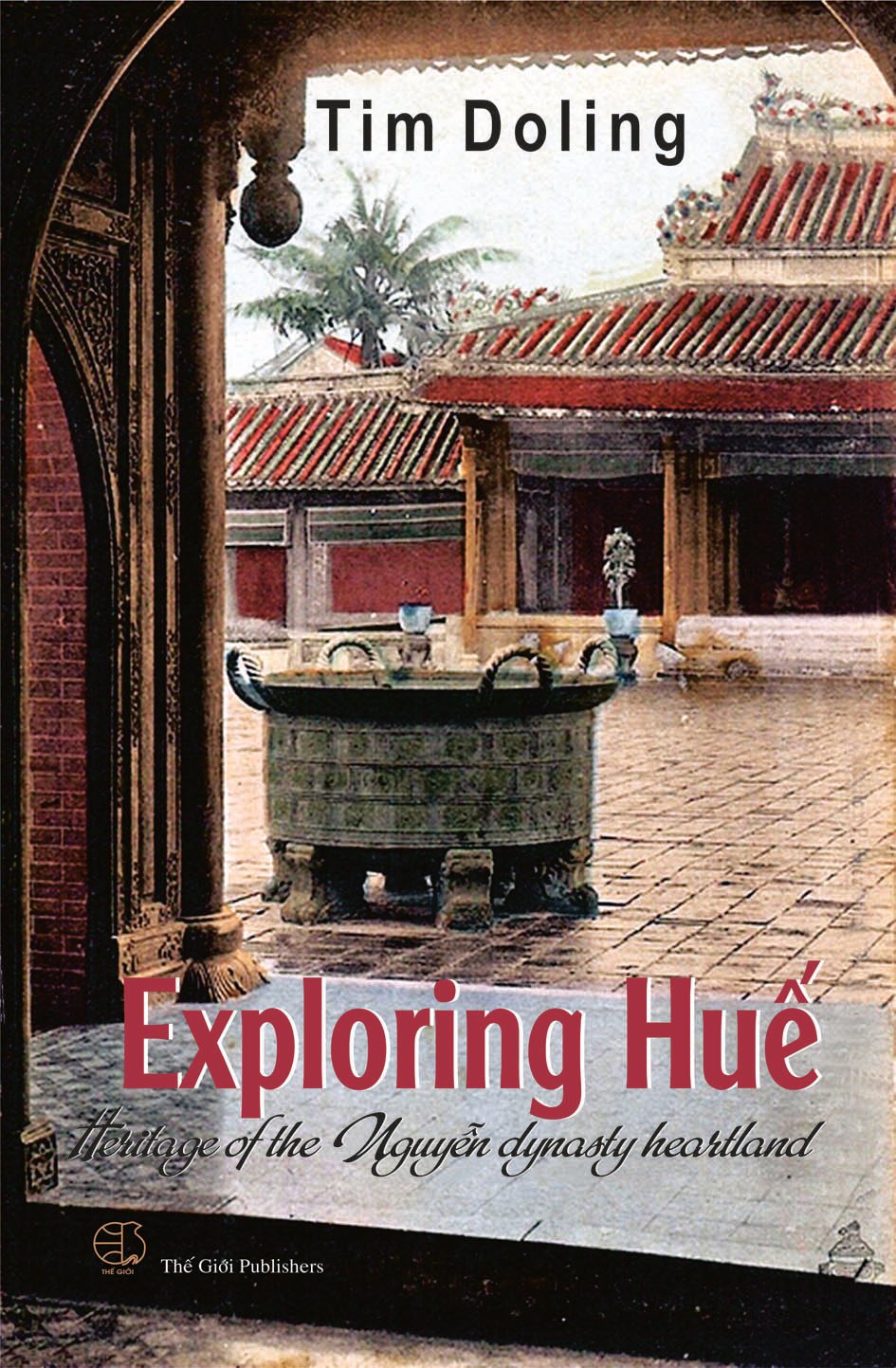After a relatively modest start governing a small frontier lordship in what’s now Việt Nam’s north central region, the Nguyễn family gradually extended their power southward, subjugating the Chăm and then ruthlessly exploiting dynastic divisions within the Cambodian court to wrest control of the fertile Mekong Delta. By the late 18th century, they either directly or indirectly governed a land area in excess of 200,000 square kilometres, within which Buddhism was promoted as a state religion, Chinese settlement encouraged to promote international trade, and all the bureaucratic trappings of an early modern state developed to a relatively high level.
The Nguyễn polity was almost extinguished in the Tây Sơn backlash against the onerous rule of ambitious eighth lord Nguyễn Phúc Khoát, yet the dynasty managed to stage a remarkable comeback under his dispossessed relative Nguyễn Phúc Ánh, who in 1802 succeeded in defeating the Tây Sơn and unifying the country as Emperor Gia Long. Ultimately however, the French military assistance which had contributed to this remarkable achievement came at a high price.
By the mid 19th century, having lost most of its earlier colonies in successive wars, France was eager to acquire new overseas territories which would not only afford it prestige, but also provide a valuable source of raw materials and a ready market for its manufactured goods. Gia Long believed that the failure to implement fully the terms of the 1787 Treaty of Versailles gave him sufficient reason to renege on his earlier promise to bestow Quảng Nam coastal territories to the French. However, the latter never gave up what they regarded as a legitimate claim. The dogged determination of Gia Long’s successors to eradicate Christianity by persecuting European missionaries and Catholics unwittingly handed the French government a pretext for direct military intervention and conquest. After 1885, the Nguyễn emperors found themselves reduced to little more than figureheads for colonial administration.
Exploring Huế takes visitors on a journey of discovery into the ancient Nguyễn heartland of Thừa Thiên Huế, taking in 400 years of Nguyễn dynasty history and affording the opportunity to view and learn about the rich surviving built heritage associated with the nine Nguyễn lords and 13 Nguyễn emperors, their queens, princes, princesses and mandarins. The 23 different tours in this book also include visits to the former Chinese quarters in Gia Hội and Bao Vinh-Địa Linh and to see relics of the American War era and meet ethnic minority groups in remote A Lưới district.
Ngôn ngữ: tiếng Anh
Khổ sách: 16 x 24cm
Số trang: 524 trang

